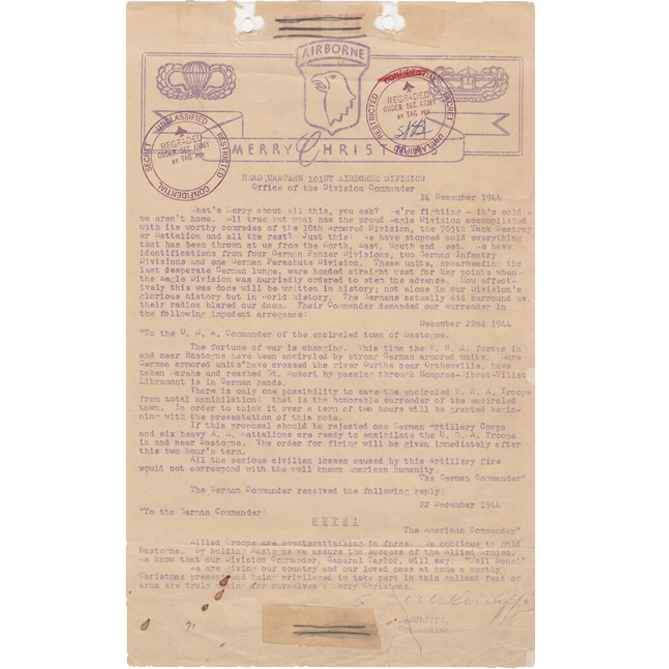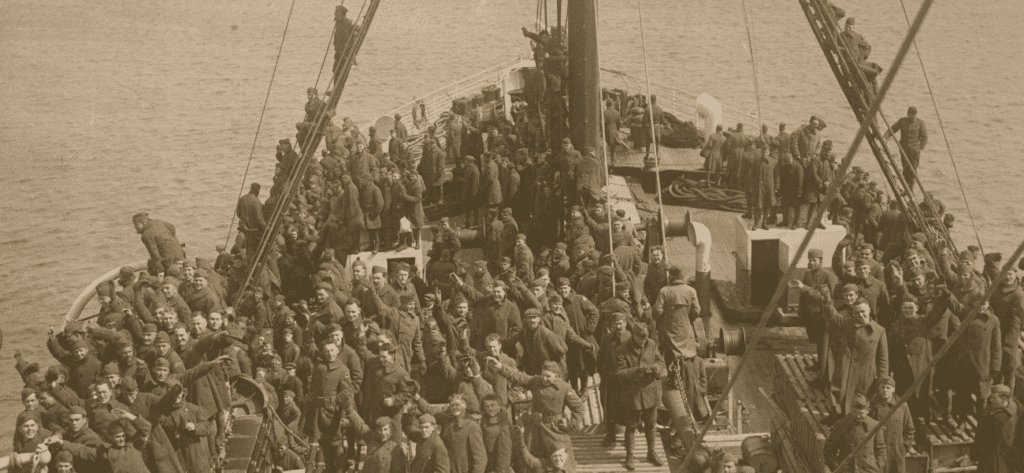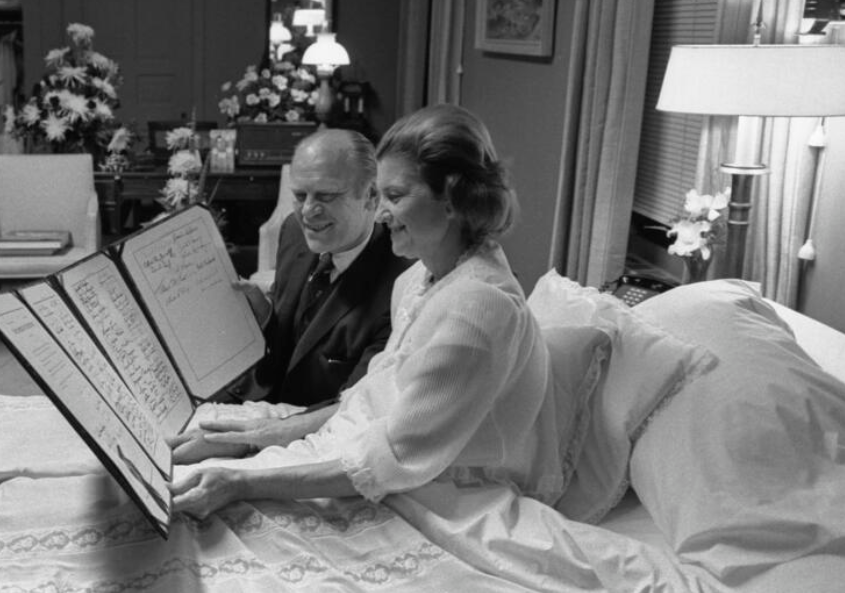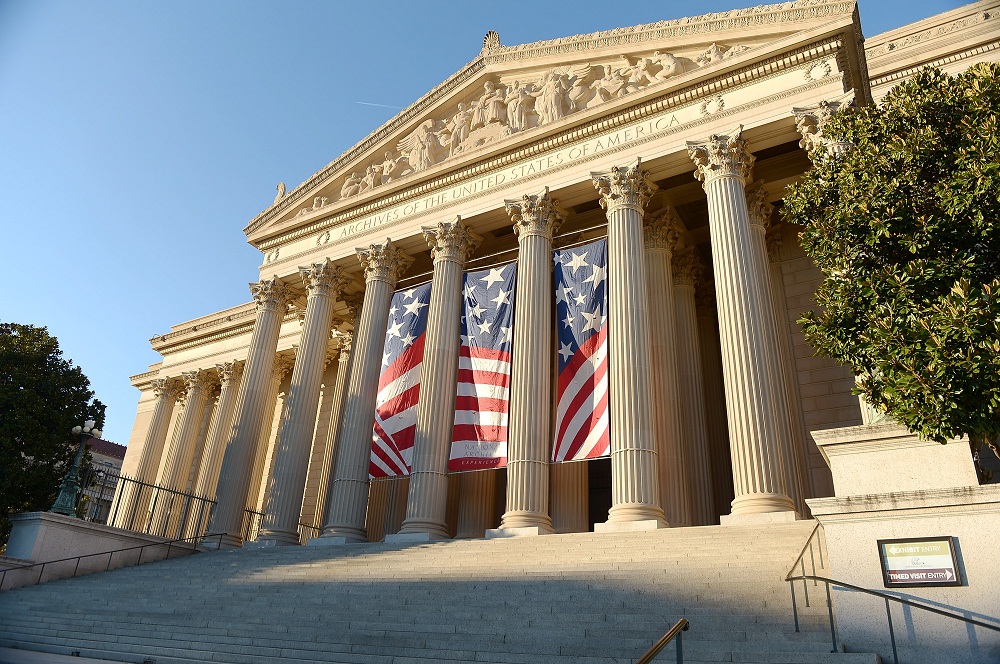In mid-December 1944, Allied forces were surprised by a massive German offensive through the Ardennes Forrest that created a “bulge” in the Allied lines. Caught in what would become known as the “Battle of the Bulge,” the 101st Airborne Division of the United States Armed Forces was holed up in Bastogne while German armored divisions encircled the town. Outnumbered, outgunned, and running out of food, ammunition, and medical supplies, the embattled assistant division commander, Brigadier General Anthony McAuliffe, faced bleak prospects.
On December 22, the American troops were sent an ultimatum from the German forces outside of the town, demanding “the honorable surrender” of the town within two hours. General McAuliffe reply was brief and succinct:
“To the German Commander:
N U T S !
The American Commander”
Having made their position clear, the Americans dug in and waited for the attack. Contrary to German expectations, the 101st held out and reinforcements arrived in the form of the US Army’s 4th Armored Division. The Battle of the Bulge continued for several more weeks, with thousands of casualties on both sides, but by the end of January 1945, the Allies had retaken all the territory lost to the Germans and were headed toward Berlin.


This record was on display in the “Featured Documents” exhibit in the East Rotunda Gallery of the National Archives in Washington, DC, November 4, 2014, through January 5, 2015 in commemoration of the 70th anniversary of the Battle of the Bulge.



